Methergin Tablet 10's
MRP ₹93.5
(Inclusive of all Taxes)
₹11.2 Cashback (12%)
Provide Delivery Location
Online payment accepted
 Prescription drug
Prescription drugWhats That
 54 people bought
54 people bought Composition :
Manufacturer/Marketer :
Consume Type :
Expires on or after :
Return Policy :
NPPA :
About Methergin Tablet
Methergin Tablet belongs to the class of medication called semi-synthetic ergot alkaloids used to prevent and control postpartum haemorrhage. It is used after delivery for the routine management of uterine atony, subinvolution of the uterus, and haemorrhage.
Methergin Tablet contains Methylergometrine which works by increasing the smooth muscle contractions of the uterus. This helps compress the blood vessels and controls bleeding after delivery.
Take Methergin Tablet exactly as prescribed by the doctor. In some cases, Methergin Tablet may cause high blood pressure associated with seizures and/or headache, nausea, and vomiting. If the side effects persist or worsen, consult your doctor.
Do not take Methergin Tablet if you are pregnant. Consult your doctor if you are breastfeeding. Methergin Tablet is not recommended for children as safety and effectiveness have not been established. Keep your doctor informed about your health condition and medications to rule out any interactions/side effects.
Uses of Methergin Tablet
Directions for Use
Key Benefits
Methergin Tablet is indicated in the prevention and control of postpartum haemorrhage. It is used following delivery of the placenta for the routine management of uterine atony (soft and weak uterus after childbirth), subinvolution of the uterus, and haemorrhage. Methergin Tablet contains Methylergometrine, a semi-synthetic ergot alkaloid which works by increasing the smooth muscle contractions of the uterus. This helps compress the blood vessels and controls bleeding after delivery.
Storage
- Inform your doctor about the nausea and discuss possible alternatives to the medication or adjustments to the dosage.
- Divide your daily food intake into smaller, more frequent meals to reduce nausea.
- Opt for bland, easily digestible foods like crackers, toast, plain rice, bananas, and applesauce.
- Avoid certain foods that can trigger nausea, such as fatty, greasy, spicy, and smelly foods.
- Drink plenty of fluids, such as water, clear broth, or electrolyte-rich beverages like coconut water or sports drinks.
- Use ginger (tea, ale, or candies) to help relieve nausea.
- Get adequate rest and also avoid strenuous activities that can worsen nausea.
- Talk to your doctor about taking anti-nausea medication if your nausea is severe.
- Record when your nausea occurs, what triggers it, and what provides relief to help you identify patterns and manage your symptoms more effectively.
- Preventing Vomiting (Before it Happens)
- Take medication exactly as prescribed by your doctor. This can help minimize side effects, including vomiting.
- Having a small meal before taking your medication can help reduce nausea and vomiting.
- Talk to your doctor about taking anti-nausea medication along with your prescribed medication.
- Managing Vomiting (If it Happens)
- Try taking ginger in the form of tea, ale, or candy to help alleviate nausea and vomiting.
- What to Do if Vomiting Persists
- Consult your doctor if vomiting continues or worsens, consult the doctor for guidance on adjusting your medication or additional treatment.
- Drink water or other clear fluids.
- To prevent worsening of pain, limit intake of tea, coffee, or alcohol.
- Include bland foods like rice, toast, crackers, and rice in your diet.
- Avoid lying down immediately after eating as it may cause indigestion or heartburn.
- Avoid acidic and spicy food as it may cause indigestion.
- Hydrate your body: Drink enough water to prevent dehydration and headaches.
- Calm Your Mind: Deep breathing and meditation can help you relax and relieve stress.
- Rest and Recharge: Sleep for 7-8 hours to reduce headache triggers.
- Take rest: lie down in a quiet, dark environment.
- Cold or warm compresses can help reduce tension.
- Stay Upright: Maintain good posture to keep symptoms from getting worse.
- To treat headaches naturally, try acupuncture or massage therapy.
- Over-the-counter pain relievers include acetaminophen and ibuprofen.
- Prescription Assistance: Speak with your doctor about more substantial drug alternatives.
- Severe Headaches: Seek emergency medical assistance for sudden, severe headaches.
- Frequent Headaches: If you get reoccurring headaches, consult your doctor.
- Headaches with Symptoms: Seek medical attention if your headaches include fever, disorientation, or weakness.
Drug Warnings
Do not take Methergin Tablet if you are allergic to any of its components, if you have high blood pressure, toxaemia (a complication of pregnancy characterised by high blood pressure), or if you are pregnant. Inform your doctor if you have coronary artery disease, sepsis, vascular disease, or liver or kidney impairment. Consult your doctor if you are breastfeeding. The safety and effectiveness of Methergin Tablet in children have not been established. Let your doctor know if you are taking prescription/non-prescription medicines, including herbal products and supplements.
Drug-Drug Interactions
Drug-Drug Interactions
Login/Sign Up
Coadministration of Methergin Tablet with Glyceryl trinitrate can increase the levels and side effects of Methergin Tablet.
How to manage the interaction:
Taking Methergin Tablet with Glyceryl trinitrate is generally avoided as it can possibly result in an interaction, it can be taken if your doctor has advised it. However, if you experience sudden dizziness, lightheadedness, headache, fainting, shortness of breath, or rapid heartbeat, contact your doctor immediately. Do not discontinue any medications without first consulting your doctor. Do not discontinue any medications without first consulting your doctor.
Coadministration of Methergin Tablet with Voriconazole may increase the blood level of Methergin Tablet.
How to manage the interaction:
Although Methergin Tablet with Voriconazole can cause an interaction, they can be taken if prescribed by a doctor. Do not discontinue any medication without consulting a doctor.
Taking Methergin Tablet with Ritonavir can significantly increase the blood levels and effects of Methergin Tablet.
How to manage the interaction:
Taking Methergin Tablet with Ritonavir is not recommended, but can be taken together if prescribed by a doctor. In case you experience any side effects like severe abdominal discomfort, nausea, vomiting, tingling or numbness, weakness or pain in the muscles, pale skin, blue or purple discoloration on fingers or toes, tightness or pain in the chest, irregular heartbeat, intense headache, breathing difficulties, confusion, or slurred speech, consult a doctor. Do not discontinue any medications without consulting a doctor.
Coadministration of Sumatriptan with Methergin Tablet can reduce the blood flow and increase the risk of high blood pressure or heart-related problems.
How to manage the interaction:
Taking Sumatriptan with Methergin Tablet together can possibly result in an interaction, it can be taken if your doctor has advised it. However, if you notice any symptoms like sudden dizziness, lightheadedness, fainting, shortness of breath, or rapid heartbeat, contact your doctor immediately. Do not discontinue any medications without first consulting your doctor.
Using Ketoconazole with Methergin Tablet can increase the concentration of Methergin Tablet, which may lead to side effects.
How to manage the interaction:
Taking Ketoconazole with Methergin Tablet is not recommended as it can cause an interaction, but it can be taken if prescribed by the doctor. Do not discontinue any medication without consulting a doctor.
When Methergin Tablet is taken with Clarithromycin, the amount of Methergin Tablet in the blood can go up. This can increase the risk or severity of side effects.
How to manage the interaction:
Taking Clarithromycin with Methergin Tablet is generally avoided as it can lead to an interaction, it can be taken only when advised by a doctor. Do not stop using any medications without a doctor's advice.
Co-administration of Methergin Tablet and Itraconazole may increase the blood levels of Methergin Tablet.
How to manage the interaction:
Methergin Tablet and itraconazole may interact, but if prescribed by a doctor, they can be used together. Do not discontinue any medications without first consulting your doctor.
Taking Ephedrine with Methergin Tablet may lead to an increase in the risk of high blood pressure.
How to manage the interaction:
Although taking Ephedrine with Methergin Tablet may lead to an interaction, it can be taken if prescribed by the doctor. It is advised to maintain your blood pressure. Do not discontinue any medications without a doctor's advice.
Taking Phenylephrine with Methergin Tablet can led to side effects like increased blood pressure.
How to manage the interaction:
Taking Phenylephrine with Methergin Tablet can lead to an interaction but can be taken if prescribed by the doctor. It is advised to monitor your blood pressure regularly. Do not discontinue any medications without a doctor's advice.
Drug-Food Interactions
Drug-Food Interactions
Login/Sign Up
Grapefruit Juice, Grapefruit
How to manage the interaction:
Consumption of Methergin Tablet with Grapefruit and Grapefruit may lead to an increase in the effectiveness of Methergin Tablet. Avoid or limit grapefruit and grapefruit juice consumption with Methergin Tablet. This can increase the risk or severity of side effects.
Diet & Lifestyle Advise
- Include high-fibre foods such as fruits and whole grains.
- Drink plenty of fluids such as water, fruit juices, and milk.
- Limit processed/packaged foods, high salt/sugary foods and saturated fats.
- Get plenty of rest.
- Eat healthy meals and exercise appropriately.
Side Effects of Methergin Tablet
- Hypertension (high blood pressure) associated with seizures and/or headache
- Nausea
- Vomiting
Habit Forming
Therapeutic Class
All Substitutes & Brand Comparisons
RX
Out of StockMetharmed 0.125mg Tablet
Zydus Cadila
₹8.75
(₹0.79 per unit)
90% CHEAPERRX
Out of StockMormet 0.125mg Tablet
₹39.7
(₹3.57 per unit)
56% CHEAPERRX
Out of StockMemcad 0.125mg Tablet
Zydus Cadila
₹46
(₹4.14 per unit)
49% CHEAPER
Author Details
We provide you with authentic, trustworthy and relevant information
Drug-Diseases Interactions
Drug-Diseases Interactions
Login/Sign Up
FAQs
Drug-Drug Interactions Checker List
- DIHYDROERGOTAMINE
- ERGOTAMINE
- ERYTHROMYCIN
- TROLEANDOMYCIN
- CLARITHROMYCIN
- RITONAVIR
- INDINAVIR
- NELFINAVIR
- DELAVIRDINE
- KETOCONAZOLE
- ITRACONAZOLE
- VORICONAZOLE
Special Advise
Disease/Condition Glossary
Postpartum haemorrhage: It is a condition in which excessive bleeding occurs following childbirth. This can lead to a drop in blood pressure. Symptoms include vaginal bleeding that does not stop. Loss of tone in uterine muscles and bleeding disorder could be the causes of postpartum haemorrhage.

Have a query?
Alcohol
Safe if prescribed
It is not known if alcohol affects Methergin Tablet . Please consult your doctor.
Pregnancy
Consult your doctor
Methergin Tablet is not recommended for use during pregnancy.
Breast Feeding
Consult your doctor
Methergin Tablet passes into breastmilk. Avoid breastfeeding during treatment with Methergin Tablet and for 12 hours after the last dose. Please consult your doctor if you have any concerns.
Driving
Safe if prescribed
It is not known if Methergin Tablet affects your ability to drive.
Liver
Consult your doctor
Caution should be exercised while using Methergin Tablet in patients with liver impairment. Please consult your doctor if you have liver problems or any concerns regarding this.
Kidney
Consult your doctor
Caution should be exercised while using Methergin Tablet in patients with kidney impairment. Please consult your doctor if you have kidney problems or any concerns regarding this.
Children
Safe if prescribed
Methergin Tablet is not recommended for children as safety and effectiveness have not been established.









_0.jpg?tr=q-85)

